Oliver’s work environment, once ordered and organized in a very particular manner changed venues in Signed, Sealed, Delivered: Home Again. The new professional space was an outward reflection of all the ways Oliver had grown internally, and brought the internal and external into alignment. While the venue changed, Oliver, and his mission to “restore what was lost” did not. In fact, his actions to ensure the Kellsers retained their farm, while still weighing his obligation to adhere to postal regulations, revealed how far Oliver was willing to go to fulfill not just the letter of the law, but the spirit of it, even at great personal cost.
Reflective Relocation
Relocation
The old DLO was a large, cavernous and cluttered space that, while Oliver gave the appearance of controlling, actually seemed to control him. The same can be said of the season of Oliver’s life that played out there. Throughout the course of the series, Oliver took significant strides to reclaim his life both in, and beyond, the workplace. He grew and changed both as a man and as a postal detective. The fact of the matter is, the season of life the old DLO represented ended in Higher Ground. As such, it was time for him to move on, which---perhaps involuntarily---happened in Home Again.
| The new environment, albeit smaller, was an organized space within Oliver’s power to command and operate, a reflection of how Oliver had grown up and grown into himself, resulting in the increased clarity and confidence with which he led his personal and professional life. Clarity and confidence were the prerequisite to embrace the full measure of leadership of which he had always been capable, but which reached a new level in Home Again. To reach that level of leadership also meant exercising greater vision, and required Oliver to remove any potential obstructions of that vision. |
Despite moving out of the old DLO and the season it represented, some limiting mindsets and tendencies from the previous season attempted to follow Oliver into the new season and new environment. In order for Oliver to grow into his full capacity as a leader, those obstructions needed evicted before they had a chance to hold him back.
First among them was the idea that the move, and accompanying space, were “temporary.” This is a deeply ingrained issue for Oliver, traced back to his childhood and the product of repeat instances of abandonment. One need only remember Shane’s “floating workspace” to see a prime illustration of the hesitation to commit this wound produced. But to embrace “temporary” was to accept a certain level of instability, a poor foundation from which to build or expand anything and expect it to thrive. Shane addressed this in Oliver in an unexpectedly brilliant way. To reason that the “the OLD DLO is now the NEW online shipping room, we’re not going back there” was to acknowledge another very important truth that Oliver, much like the old DLO, had evolved into something new---and perhaps even modern or progressive---and “[wouldn’t be] going back.” By confronting him with the reality that things had irrevocably and irreversibly changed, the only option Oliver had was to move forward and embrace the new environment and new season.
| That didn’t, however, stop Oliver from trying to control that new environment, or trying to replicate the old DLO in the new space. Our first glimpse into the new DLO began with Oliver trying to remember the exact order in which his precious set of Dark of Night awards were arranged. Panned out, we see his desk area arranged almost identically to how it was previously. Within the span of a few minutes, we even witnessed Oliver attempt to micromanage Shane’s effort to hang her avant-garde picture frame, Shane’s way of contributing to the space. Of course, Shane contributed much more than just a picture frame. |
This is why it was important for Oliver to evict his limiting mindsets and tendencies: To focus on controlling the new environment, or worse yet, trying to replicate the past, would limit Oliver’s vision and render him unfit---and unable---to lead anyone forward, let alone himself. Oliver couldn’t “restore what was lost” if distracted by restoring what was lost in his own life, particularly since they were necessary losses. For example, without the loss of the old DLO, Oliver’s obstructive perspectives and behaviors would have remained unexposed and potentially stunted his growth, rendering him ineffective in his calling. The challenge that came with the Kellser case divorced Oliver from those distractions as he focused his attention on “restor[ing] what was lost” in the right context.
Expanding Territory
| A Complicated Case At first, the investigation seemed routine, Oliver assigned each Shane, Rita and Norman tasks in aid of determining what they could about the vase, where it came from, and to whom it belonged, ultimately leading them to the Keller family. But it didn’t take long for things to become complicated. The Kellser farm once more in jeopardy, and Kim Kellser in failing health, a ticking clock added urgency to the situation. Shane’s connection between the vase and stolen art from World War II only added intensity, and another mystery that required solving simultaneously in order to “restore what was lost” to the rightful owner. All of it, of course, needed straightened out with a hard deadline of 3pm that Saturday. |
| Toeing The Line It would have been very easy for Oliver to arrange with the station manager to fax a form to Mary Lou to sign and return. For all intents and purposes, the Kellser family losing their farm was none of Oliver’s concern. His considerations, and his subsequent actions, however, revealed that Oliver was invested in not only the rules and regulations of “restoring what was lost,” but increasingly invested in fulfilling the spirit of the statement. And, in this case, it required Oliver to stretch himself in new ways to do so. |
Despite being established in Truth Be Told, Oliver had not offered use of Foundation funds in the course of a mail investigation until Home Again. Debating whether his flight to New York fell under the task force budget suggested a line dictating when the use of task force funds was sufficient and justified, and when use of Foundation funds might be required. While we don't know which funds were used in this instance, I'd like to conjecture that his flight fell under the task force budget since, technically, the investigation was still underway, time was of the essence, and, in the event provenance could legitimately be traced through the Kellser family, Mary Lou's consent would have still been required. But the fact he offered it meant Oliver had some sense of the fine line he was traversing and wished to observe it, but not at the expense of the Kellser family.
| Interestingly, to preserve their ability to retain the farm called Oliver to New York, off of his home turf, it’s own kind of sacrifice. And to make a video call no less, something Oliver perhaps had no concept of prior to Shane. If that wasn’t progressive enough, Oliver also opted to “accept a verbal consent” from Mary Lou in lieu of formal paperwork in consideration of the circumstances and time constraint. It was the perfect task for him, given he was perhaps the only person who possessed the authority to “widen the powers of postal discretion” in such a manner. |
| Oliver’s decision to make the Kellser’s an equal priority throughout the course of the mail investigation proved not only his dedication to “restoring what was lost” but his increasing willingness to “widen the powers of postal discretion” in ways that were new to, and for him, while still abiding by the rules and regulations to which he was required to adhere. But it wasn’t long before those obligations came into direct conflict with one another. The Final Verdict While Oliver was successful in acquiring the necessary consent to restore the vase to the Kellser family in time to save their farm, the “obligation to confirm what [he] was delivering” didn’t support that outcome. |
Even so, Oliver was prepared to “restore what was lost” the moment a path to do so presented itself.
If we accept that Oliver’s desire to “restore what was lost” extended beyond rules and regulations, then he had some unfinished business when they left the farm on Friday.
This is what found Oliver placing the winning bid with such clarity and confidence at the auction on Saturday. To purchase the Kellser farm was to fulfill the obligation to “restore what was lost” to them, too. We will never know if Oliver considered purchasing the farm apart from the Living Lands Conservancy idea, but certainly the concept, which came from Norman’s interaction with his future in-laws, was the most attractive option given the permanency with which the farm was ultimately restored to the Kellser family. We also must not forget that the “O’Toole Foundation assumed all financial responsibility” so that the Kellsers could continue to live there “until the cows come home.” This was an active, long-term commitment which the Executive Committee of the O'Toole Foundation---but, ultimately, Oliver---made, and stood out as the first investment of its kind.
And to top things off, Oliver's plea to Mary Lou, however brief, was enough to bring her home as well. In this sense Oliver was not only able to help restore the farm, but also the family to some degree.
When the rules and regulations fell short of "restor[ing] what was lost" to the Kellser family, Oliver possessed enough clarity, vision and conviction to stand in that gap to ensure that outcome, drawing on his own personal resources to do so.
| The complicated nature and urgency of the Kellser case required Oliver demonstrate an incredible amount of clarity to both identify the priorities and coordinate the efforts of his team, and himself, around those priorities. At the same time, Oliver's equal obligation to the Kellsers and the “obligat[ion] to confirm what [they] were delivering”caused him to be stretched in new ways, toeing the line between "restor[ing] what was lost" in a broader context, and the rules and regulations to which he was required to adhere. Even when those obligations came into conflict, Oliver not only abided by his professional obligations, he also bridged the gap between the facts and "restor[ing] what was lost" to the Kellser family, drawing on O'Toole Foundation funds to do so. |
Reflecting,
~C
The United States of Oliver: Balance | Mission | District of Integration, Part I & Part II | Articles Confederated
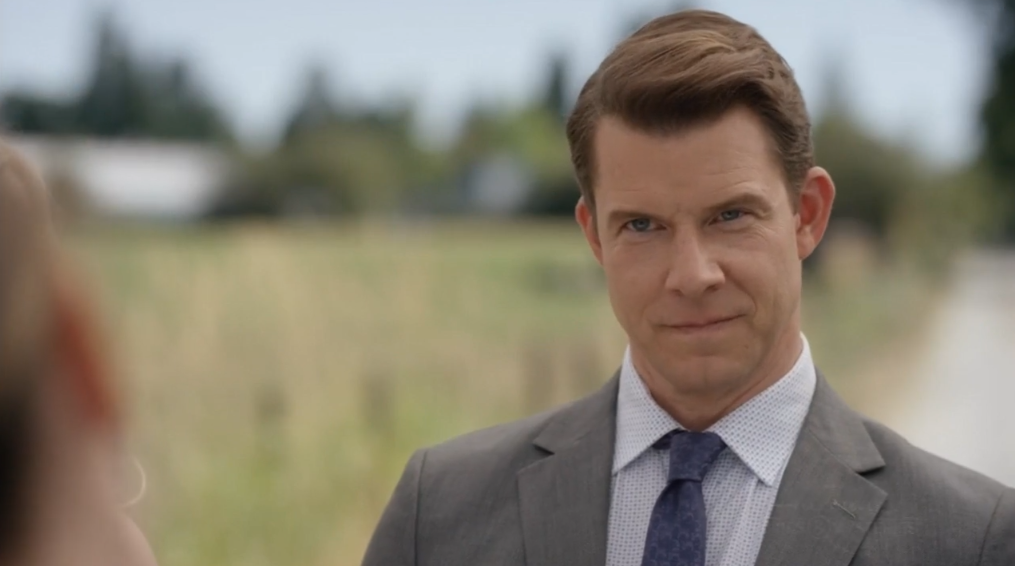
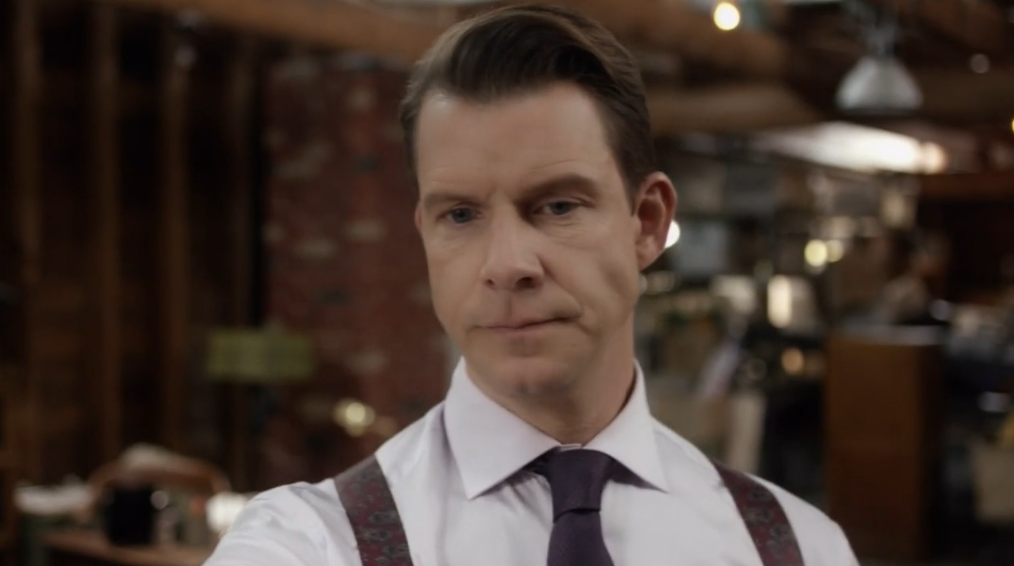
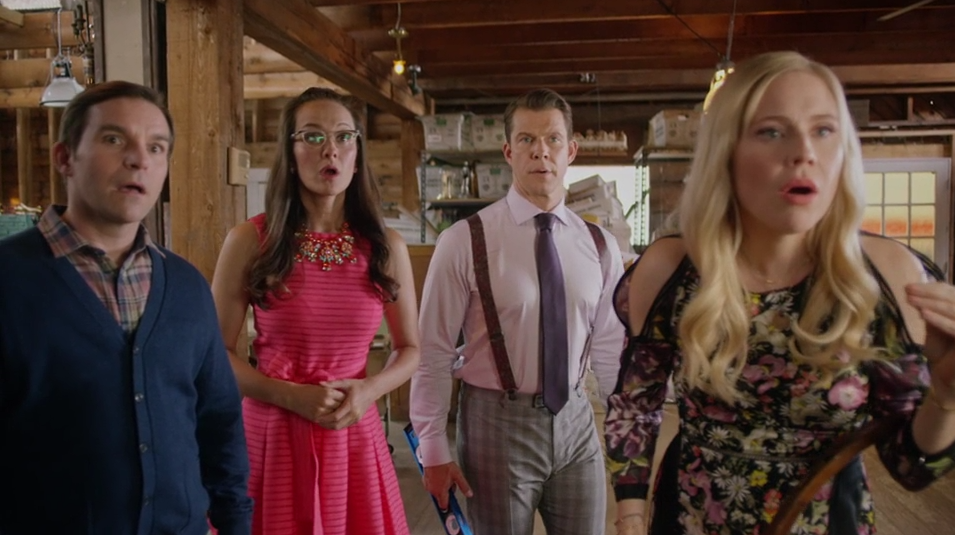
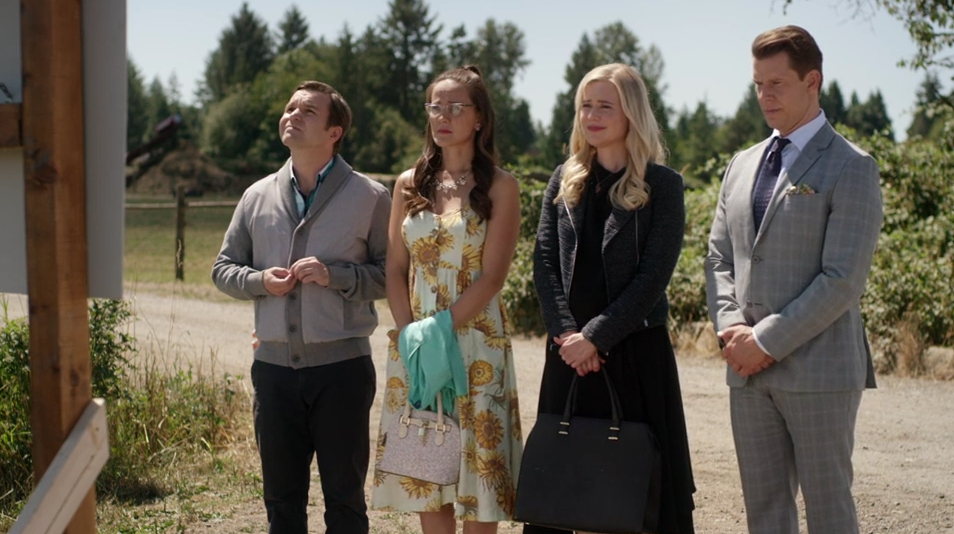
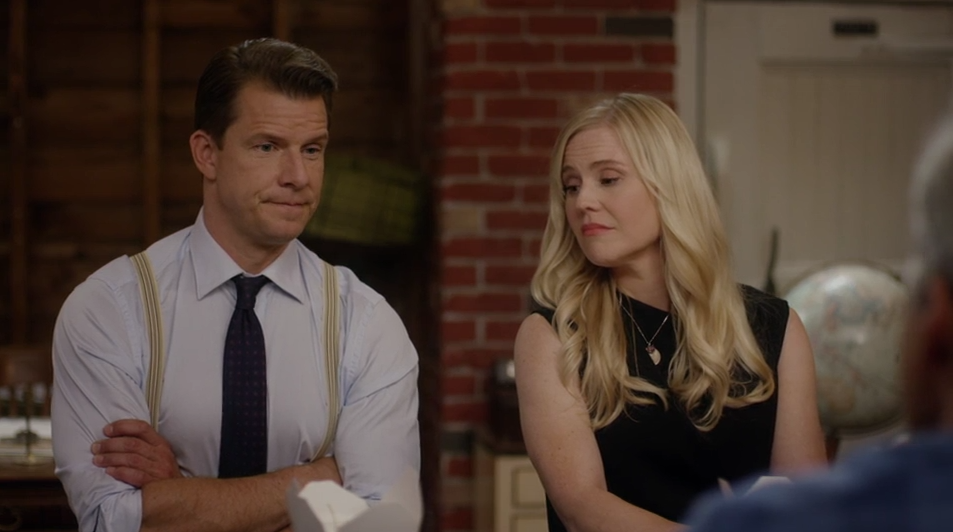
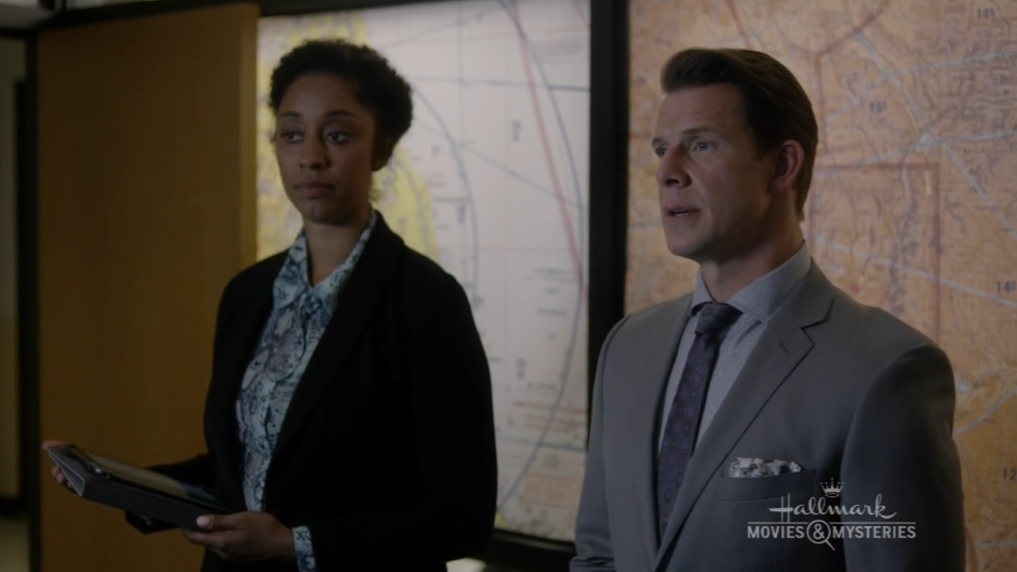
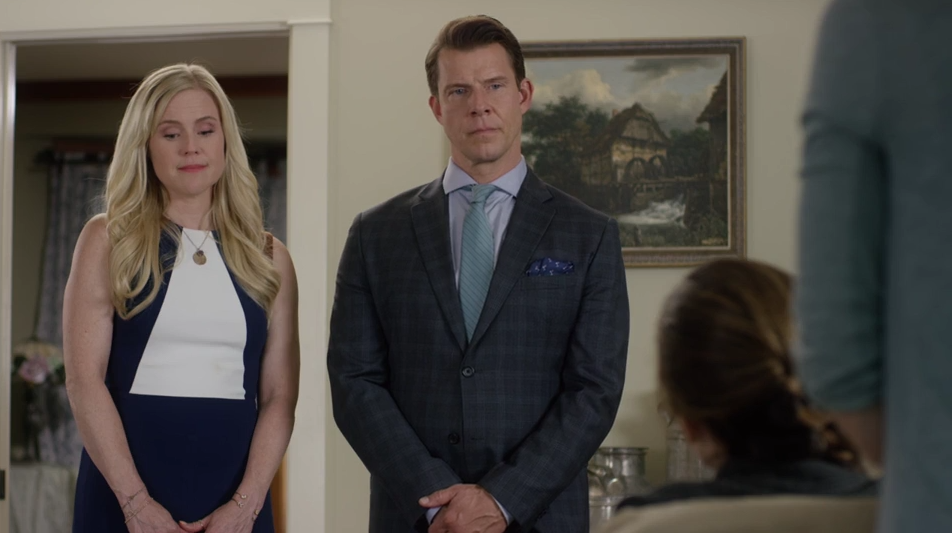
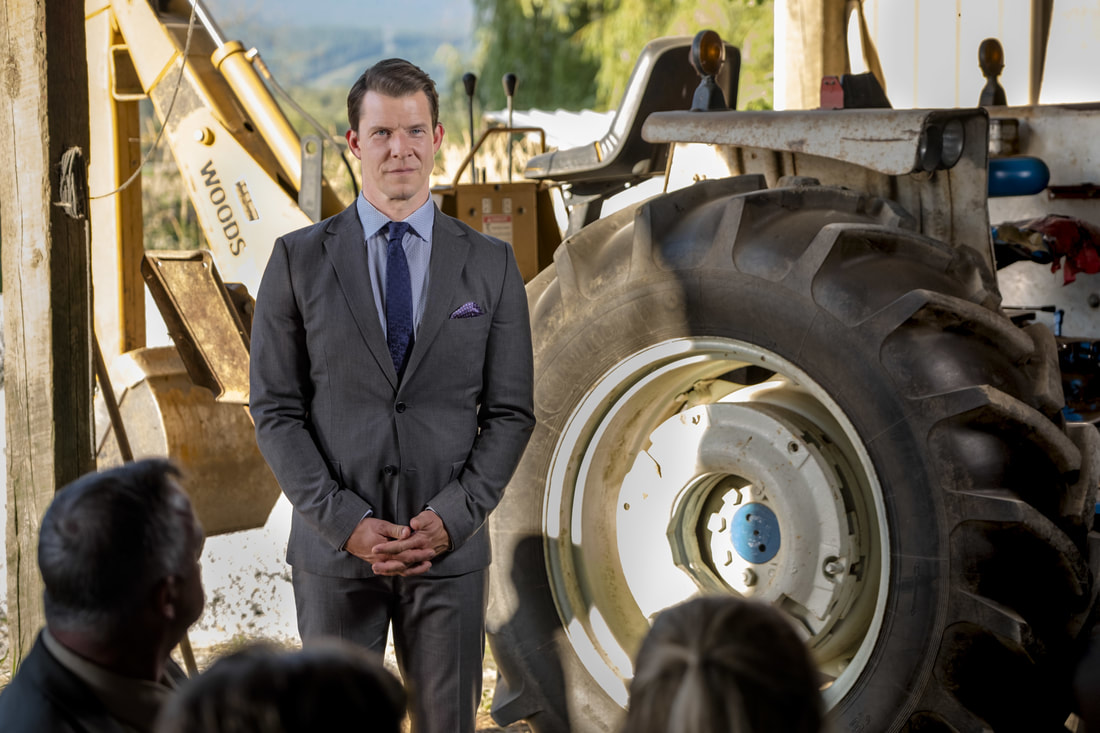
 RSS Feed
RSS Feed
